Directory
- Share
Johnny Hu
- Alumni
- United States
- 2011 MPhil Biological Science
- Darwin College
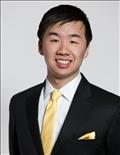
Johnny Hu
- Alumni
- United States
- 2011 MPhil Biological Science
- Darwin College
PhD Student in Biological and Biomedical Sciences at Harvard University. Working on developing new genome editing technologies in Professor David Liu's and Professor George Church's lab.
Sabrina Hu
- Scholar
- United States
- 2023 PhD Chemistry
- Queens' College
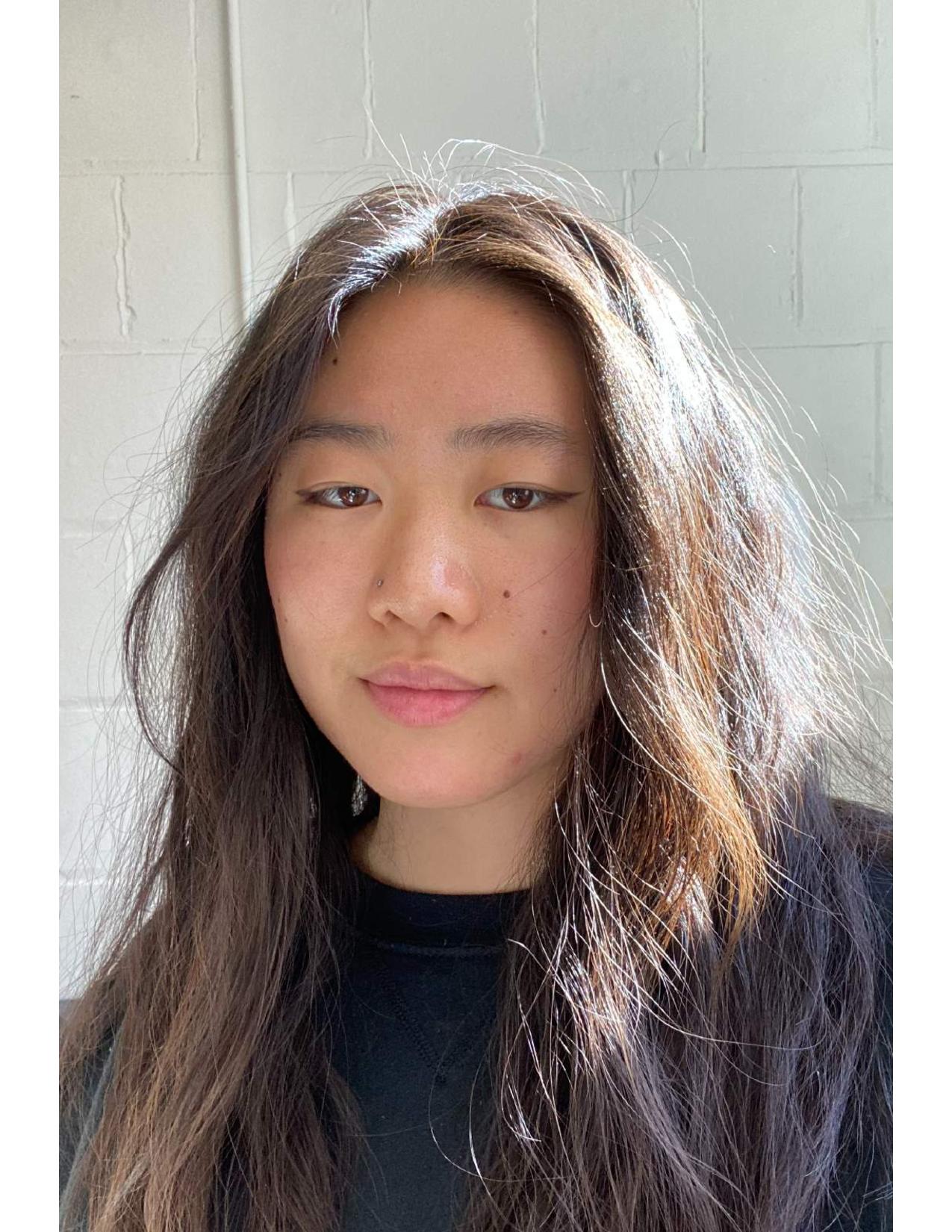
Sabrina Hu
- Scholar
- United States
- 2023 PhD Chemistry
- Queens' College
Growing up in Houston, Texas, I experienced and saw firsthand the destructive impacts of climate change as hurricanes increased in both frequency and severity over only the last decade. While attending Washington University in St. Louis, I found myself drawn to chemistry not only because of its unique way of understanding our world, but also because of its unmatched ability to drive technological innovation, better the lives of others, and protect our natural environment. During my PhD in Chemistry, I will focus on synthesizing and applying a particular class of supramolecular cages. These complex architectures can utilize host-guest chemistry in a variety of applications related to climate change mitigation and adaptation, from providing a greener way to perform industrial chemical separations to solar-driven desalination. Additionally, I hope to use my scientific background to contribute to climate policy in the ongoing effort to address the complicated, interdisciplinary issue of climate change and its effects. I am honored to join the Gates Cambridge community, comprised of people who are all dedicating their studies to improving the world for both our generation and those that come after us.
Previous Education
Washington University Chemistry 2023
Tiancheng Hu
- Scholar
- China
- 2022 PhD Computation, Cognition and Language
- Wolfson College

Tiancheng Hu
- Scholar
- China
- 2022 PhD Computation, Cognition and Language
- Wolfson College
I was born and raised in the beautiful city of Nanjing, China. I was then fortunate to be able to study electrical engineering at the University of Texas at Dallas. There, in the second half of my bachelor's studies, I was introduced to the world of machine learning and became amazed by its potential in improving our society in a large variety of application areas. I worked on the computational modeling of driver visual attention which could help reduce car accidents caused by driver distraction. Afterward, I went on to pursue a master's degree in Electrical Engineering and Information Technology at ETH Zürich, where my interest in natural language processing started to grow. I worked on several projects including one on protest event extraction from newspaper data. In my PhD, I plan to work on natural language processing and computational social science. I am interested in building and applying computational methods to text data to learn about society.
Previous Education
Swiss Federal Institute of Technology Signal Processing and ML 2022
University of Texas Dallas Electrical Engineering 2020
Xiaobing Hu
- Alumni
- China
- 2002 PhD Materials Science and Metallurgy
- Downing College
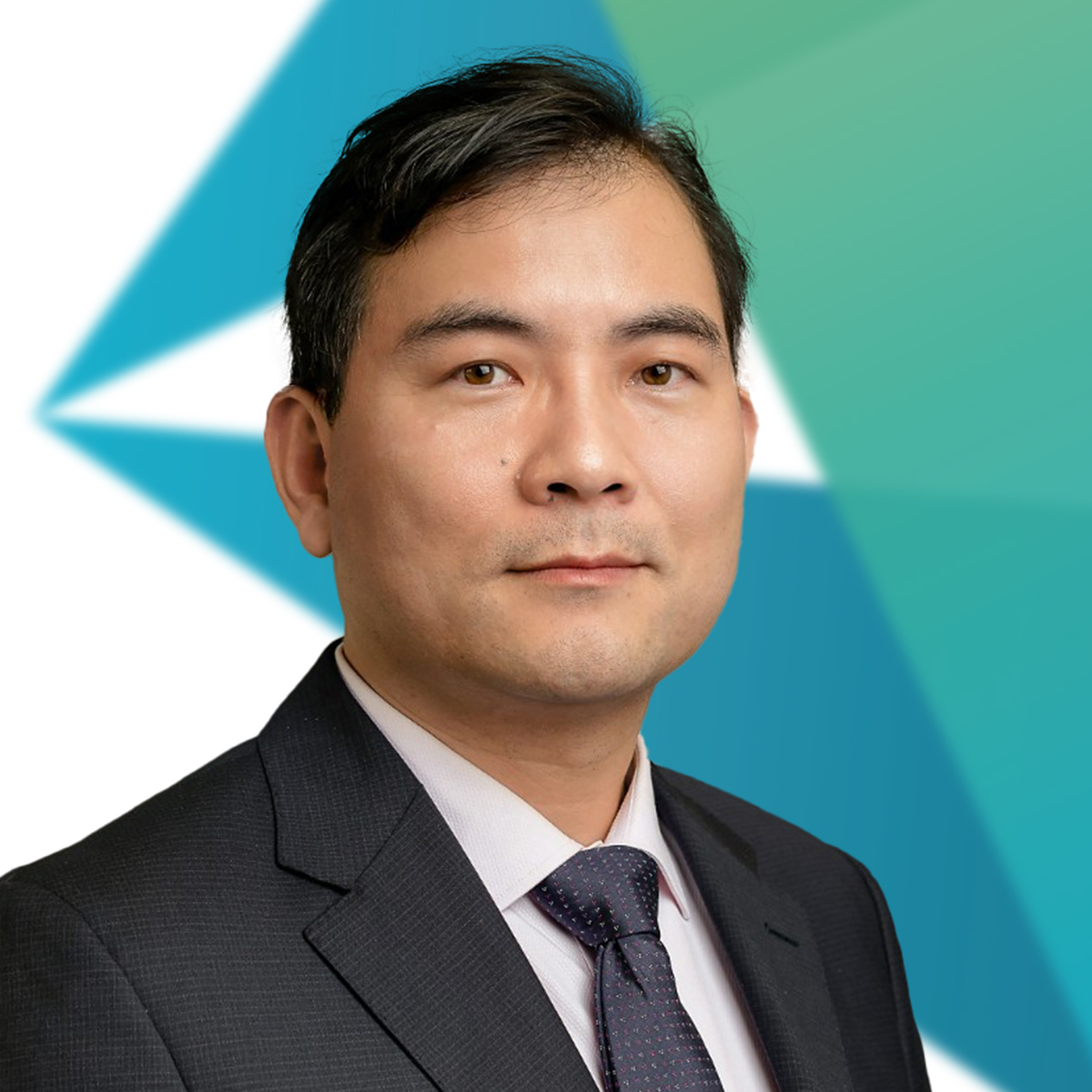
Xiaobing Hu
- Alumni
- China
- 2002 PhD Materials Science and Metallurgy
- Downing College
Dr. Xiaobing Hu is Head of Applied Solutions group in Hexagon's Manufacturing Intelligence division. As a Gates Scholar, he obtained his PhD degree in Materials Science from University of Cambridge, UK, in 2006. He also gained his Bachelor’s and Master’s degrees from Tsinghua University, China (in Materials Science & Engineering; Computer Science).
Previous Education
Tsinghua University BEng, Comp Tech and Apps, BEng, Mat Sci & Eng, MSc, Mat Sci & Eng 2002
Tsinghua University
Yang Hu
- Alumni
- China
- 2011 PhD Sociology
- Queens' College
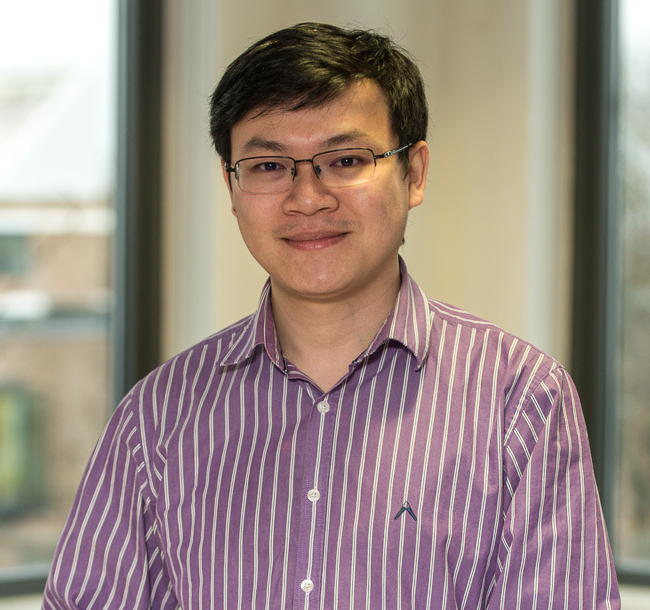
Yang Hu
- Alumni
- China
- 2011 PhD Sociology
- Queens' College
Yang is a Professor in the Department of Sociology at Lancaster University. He is also affiliated with the Centre for Family and Child Justice Research, Centre for Mobilities Research, and the Data Science Institute at Lancaster. He obtained his MPhil (2011) and Ph.D (2015) in Sociology as a Gates Scholar from the University of Cambridge, and his B.A. (2010) from Zhejiang University, China.
Yang’s research focuses on changing work-family, intimate and gender relations, as well as their intersection with population mobility, in a global context. His research contributes to advancing work-family, gender and social equality and understandings of how macro socio-economic, political and institutional developments and cultural changes (re)configure everyday family and intimate lives. His research has been funded by the UKRI/ESRC, SSHRC, British Academy, HEFCE and Nuffield Foundation.
Yang is experienced in working with the media to disseminate findings from his research to the general public. His research has received extensive coverage by over 100 media outlets around the world, including the BBC, Guardian, Telegraph, CNN, ABC, CBS, Global Times, iNews, Yahoo!, Huffington Post, CTV, etc.
Yan Huang
- Alumni
- China
- 2007 PhD Physics
- St John's College
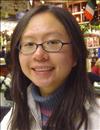
Yan Huang
- Alumni
- China
- 2007 PhD Physics
- St John's College
I am interested in studying interfaces between biological and abiological systems, and methods to improve the interface compatibility. Particular emphasis is placed on developing bio-compatible nanomaterial-protein hybrids to monitor the changing electronic interactions inside naturally-occurring photosynthetic organisms, and furthermore, to gain better understanding in the material structures adapted by the constituting molecular aggregates. The ultimate research aim is to design biomimetic synthetic solar cells and light-harvesting devices, and explore the potential of directly extracting electricity from renewable, abundant sources of plants, algae and cyanobacteria. Please visit my research webpage: http://www.bss.phy.cam.ac.uk/~yysh2
Links
Yuru Huang
- Alumni
- China
- 2020 PhD Medical Science @ MRC Epidemiology Unit
- Downing College

Yuru Huang
- Alumni
- China
- 2020 PhD Medical Science @ MRC Epidemiology Unit
- Downing College
I grew up in Quzhou, China and received my bachelor's in Biotechnology from Sun-Yat Sen University. I went on to Johns Hopkins University for my Master's in Epidemiology, and have worked as a Staff Fellow at the U.S. Food and Drug Administration (FDA)'s Center for Food Safety and Applied Nutrition for the past three years. My work at the FDA has shown me the remarkable impact of robust science and the importance of reliable and comprehensive food supply data. I am interested in leveraging my data science skills to support food and nutrition research that can improve population health outcomes. My recent research project used Twitter data to construct local neighborhood food environments, which provides real-time information on food deserts and informs community programs. At Cambridge, my goal is to establish a longitudinal UK restaurant database that can monitor the restaurant food supply and support public policy. I firmly believe that better data leads to better research, and better research leads to better policy and health practice. Together, we can combat the rising prevalence of obesity and diet-related cancers by creating a healthier food environment.
Previous Education
Johns Hopkins University Epidemiology 2016
Zhongshan (Sun Yatsen) University Biotechnology 2014
Franz Huber
- Alumni
- Austria
- 2006 PhD Geography
- St John's College
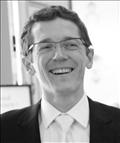
Franz Huber
- Alumni
- Austria
- 2006 PhD Geography
- St John's College
My research at Cambridge focused on the role of personal networks on knowledge flows and regional economic development. I investigated how personal networks affect innovative firms and regional economic development. The community of the Gates Scholars represents a great opportunity to discuss intellectual and practical problems in a truly international perspective. After an ESRC-funded postdoc position at the Open University Business School I become Lecturer, then Senior Lecturer and Director of a Centre for Innovation and Entreprise at Southampton Business School. I am currently Professor of Innovation Management at Seeburg Castle University in Austria. I remain affiliated with Southampton as a Visiting Fellow. Furthermore, I am a Senior Research Associate at the Stavanger Centre for Innovation Research (Norway), and I am an External Examiner at Imperial College Business School .
John Huber
- Alumni
- United States
- 2017 MPhil Veterinary Science
- Churchill College
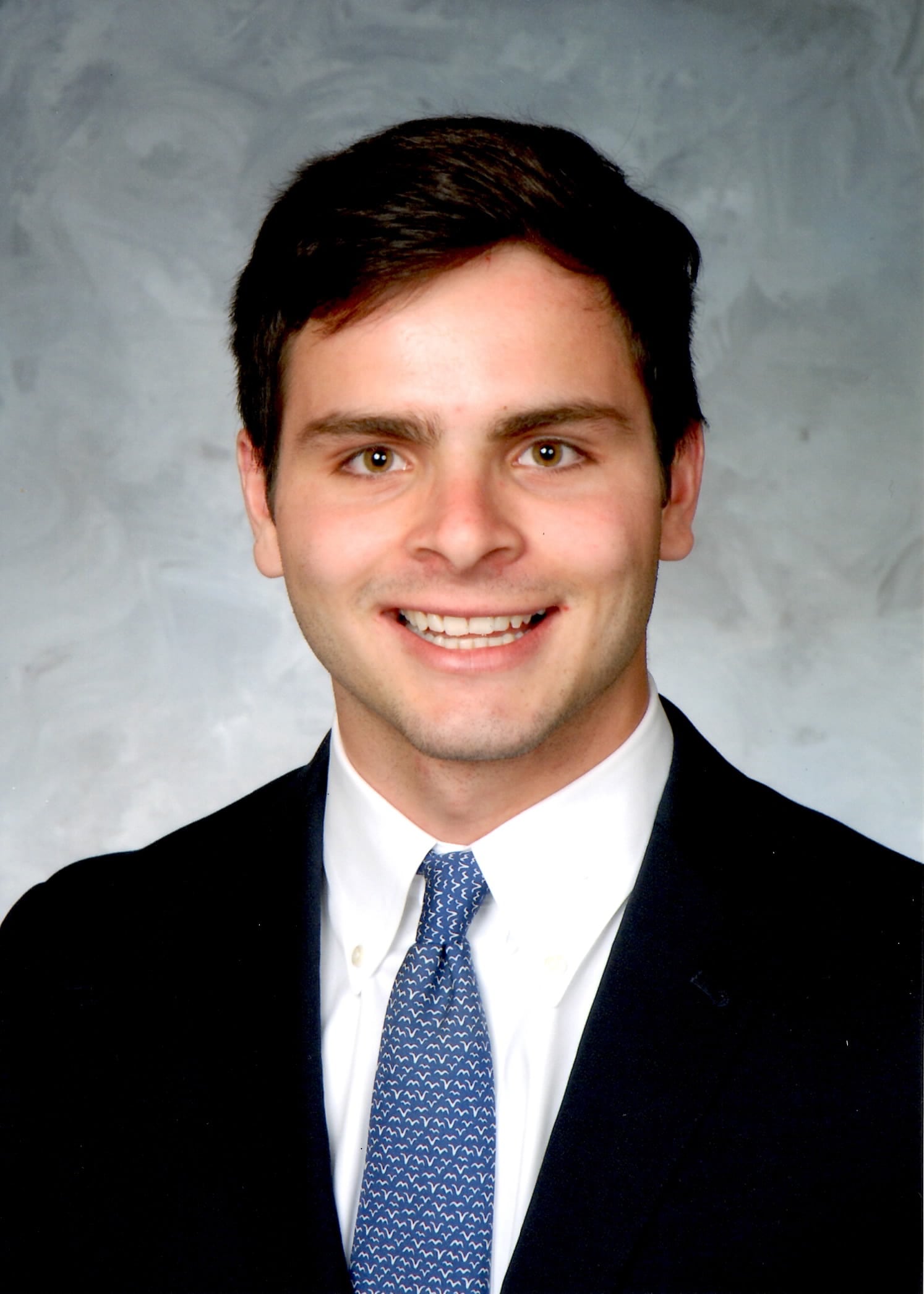
John Huber
- Alumni
- United States
- 2017 MPhil Veterinary Science
- Churchill College
Originally from Gainesville, Florida, I will graduate from the University of Notre Dame in May 2017 with a degree in Applied and Computational Mathematics and Statistics. During my undergraduate education, I developed a strong passion for infectious disease research, which I consider the intersection of my interests in global health, mathematics, and social justice. To date, my research has focused on constructing mathematical models for the transmission of mosquito-borne pathogens, principally malaria and dengue. At Cambridge, I will broaden my research interests by applying mathematical and statistical methods to capture heterogeneity in bacterial division rates. This project will expand our understanding of how antimicrobial resistance arises from slow-replicating bacteria in vivo. At a time when drug resistance is rapidly outpacing the discovery of new antibiotics, I am excited to have the opportunity to contribute to the body of research on such a time-sensitive matter. I feel honoured to join the Gates Cambridge community and look forward to an enriching year at Cambridge in the Department of Veterinary Medicine.
Previous Education
University of Notre Dame
Madeline Huberth
- Alumni
- United States
- 2012 MPhil Music Studies
- Darwin College
Madeline Huberth
- Alumni
- United States
- 2012 MPhil Music Studies
- Darwin College
I grew up in Monroe, New York. My research was in music performance and perception, and I recently wrapped up my PhD at the Center for Computer Research in Music and Acoustics (CCRMA) at Stanford, and am at YouTube/Google as a Quantitative UX Researcher in the Bay Area
Adaiah Hudgins-Lopez
- Scholar
- United States
- 2021 MPhil Social Anthropology
2022 PhD Social Anthropology - Trinity College
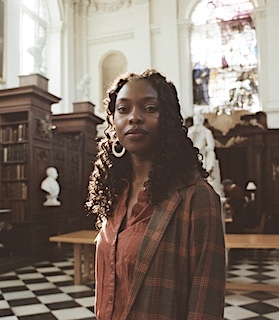
Adaiah Hudgins-Lopez
- Scholar
- United States
- 2021 MPhil Social Anthropology
2022 PhD Social Anthropology - Trinity College
I am from Detroit, Michigan and spent my teenage years in Pittsburgh, Pennsylvania. During my studies in Anthropology and English at Bowdoin College, I explored how humans express differences in their lived experiences to each other. I was a recipient of the Mellon Mays Undergraduate Fellowship, through which I studied how storytelling can facilitate communication across differences in the context of school district community engagement. My professional experiences after Bowdoin solidified and honed my commitment to serving people while introducing me to the intersections of law, community engagement, and the American immigration system. In my MPhil research, I studied the unique immigration legal services provided to undocumented Latinos in the Detroit (USA) and Windsor (Canada) transborder area by virtue of their proximity to each other. My PhD in Social Anthropology explores Latine community building, citizenship practices, and hopes & futures as analytics to better understand post-industrial, aspirational Detroit as an urban borderland. By rooting my research in studies of immigration law, social service provision, and formations of collective identity in urban space, I hope to elevate marginalised voices and promote the autonomy of this complex, vibrant community. I am honoured to be a part of the Gates Cambridge community, where we all strive to learn how to serve people better.
Previous Education
University of Cambridge Social Anthropology 2022
Bowdoin College Anthropology, English 2018
Gregory Hughes
- Alumni
- United States
- 2004 PhD Computer Science
- St Edmund's College

Gregory Hughes
- Alumni
- United States
- 2004 PhD Computer Science
- St Edmund's College
Laura Hughes
- Alumni
- United States
- 2006 MPhil Chemistry
- Churchill College
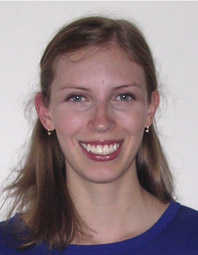
Laura Hughes
- Alumni
- United States
- 2006 MPhil Chemistry
- Churchill College
At Cambridge, I will be studying the use of computer modeling to predict the properties of molecules, especially drugs. I will then use this experience when I return to the United States to pursue a PhD in Chemistry at Stanford University. My research interests focus on the application of nanotechnology and molecular informatics to problems in biochemistry and medicine.
Ruoyun Hui
- Alumni
- China
- 2015 PhD Genetics
- Peterhouse
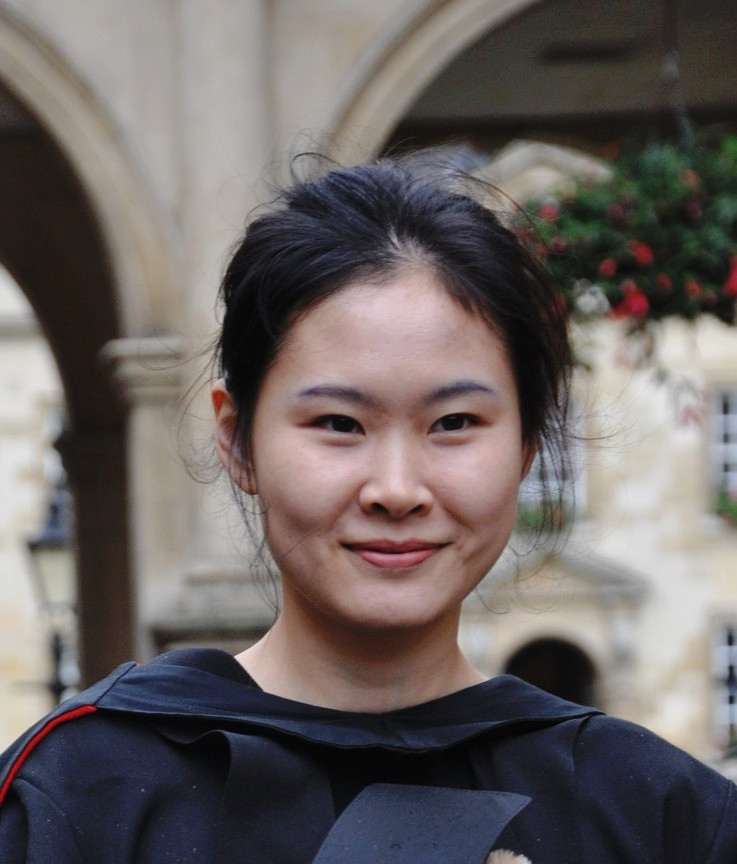
Ruoyun Hui
- Alumni
- China
- 2015 PhD Genetics
- Peterhouse
I was born and raised in the small city of Puyang in central China. I believe that an understanding of the past is essential to interpret what we observe today; as a student of biology, the idea naturally transforms into a fascination with evolutionary history. I am going to pursue a PhD in Genetics under the supervision of Dr. Aylwyn Scally to study the evolution of great apes and other primates. We aim to use whole-genome sequence data to reconstruct demographic and phylogenetic histories. Not only interesting on its own, such knowledge also sets the background for detecting signatures of natural selection in the genome, thus shedding light on human evolution. The methods we develop might be applied to analyze other study systems, addressing various questions in epidemiology, agriculture, cancer progression and so on.Beyond my own research, I also wish to be connected to more people's lives, and to help them realize their courage within. I am constantly seeking ways to integrate my scientific enthusiasm with social responsibility. Hopefully I can explore further along this path with the prestigious community at Gates Cambridge.Interests: hiking, museums of history, science fiction, traditional markets, rural education, peer counseling, people watching.
Previous Education
Chinese Univ Of Hong Kong
Ludwig-Maximilians-Universitat Munchen
Timothy Humpton
- Alumni
- United States
- 2010 PhD Oncology
- Corpus Christi College
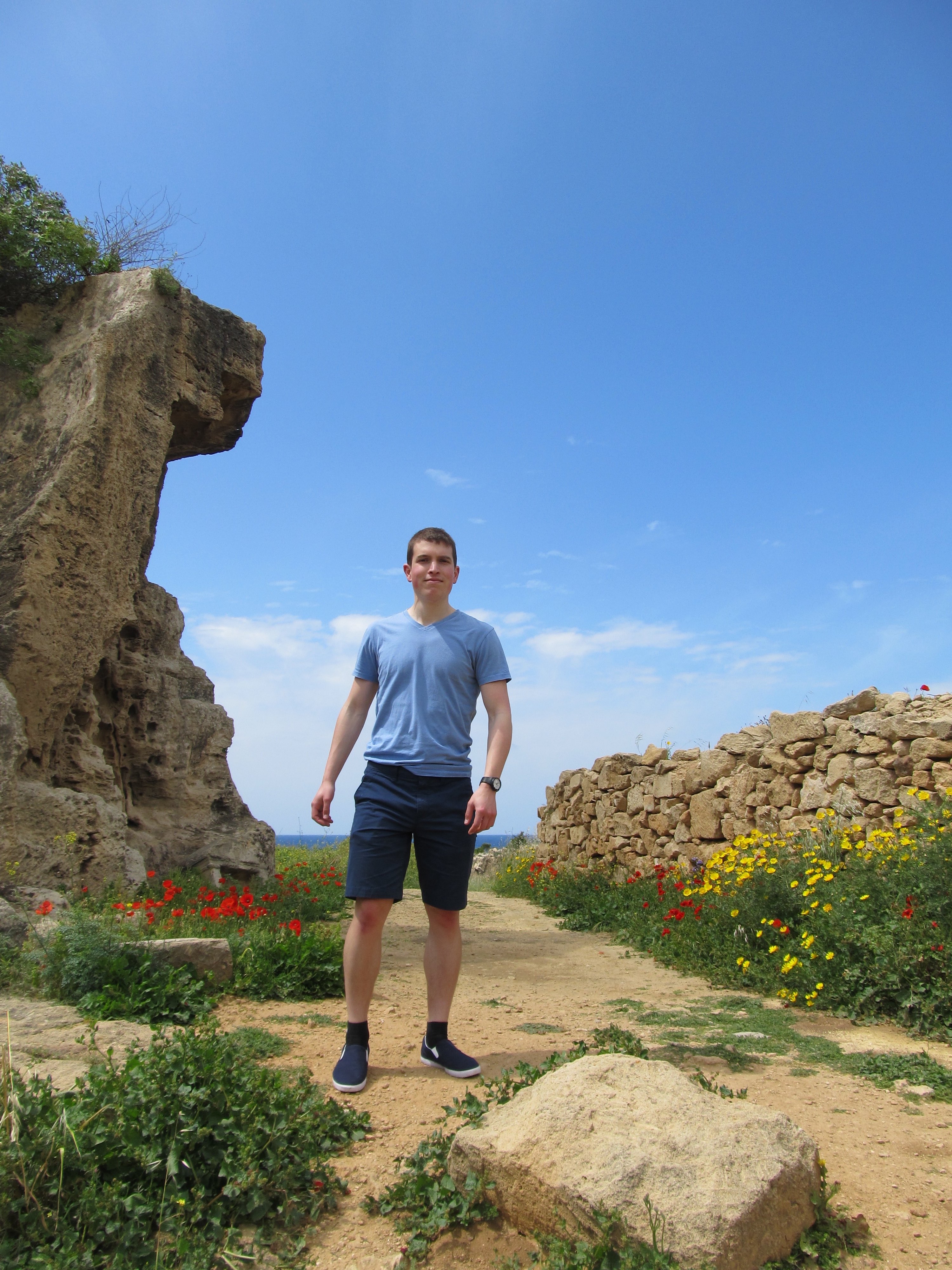
Timothy Humpton
- Alumni
- United States
- 2010 PhD Oncology
- Corpus Christi College
I am a Reader and Research Group Leader within the Department of Biological and Biomedical Sciences at Glasgow Caledonian University in Glasgow, UK. My research interests centre on elucidating protective functions of the p53 tumour suppressor protein in the liver. I am particularly interested in uncovering non-tumour functions for p53 during, for example, liver regeneration, in the response to overfeeding, and in the progression from fatty liver (NAFLD) to NASH and liver cancer (HCC). My work is supported by grant funding from Tenouvs Scotland (2022-2023), the Academy of Medical Sciences (AMS) Springboard scheme (2023-2025), and the UK Medical Research Council through a New Investigator Research Grant (2024-2027).
Previous Education
Massachusetts Institute of Technology Biology 2010
Ling-Yan Hung
- Alumni
- Hong Kong
- 2005 PhD Theoretical Physics
- Peterhouse
Ling-Yan Hung
- Alumni
- Hong Kong
- 2005 PhD Theoretical Physics
- Peterhouse
I am a Theoretical Physics student. I have always aspired to understand the most fundamental laws governing Nature and so I am now working on String Theory. May I express my gratitude to the Gates Trust for granting me this invaluable opportunity to realize my childhood dream.
Anita Hunt
- Alumni
- United States
- 2020 MPhil Technology Policy
- Pembroke College
Anita Hunt
- Alumni
- United States
- 2020 MPhil Technology Policy
- Pembroke College
I am one generation removed from illiteracy, violence against girls, and preventable disease - all prevalent conditions in my family's home country of Sierra Leone. My background moved me to pursue my BA in Justice and Peace Studies at Georgetown University. My BA concentration on Gender and Violence later led me to the anti-child sexual exploitation space at Google, where I worked on Child Safety Operations. During my time as a member of this dedicated team, I gained practical knowledge about the challenges that tech giants face at the intersection of their emerging technology and its impacts on society. At this unique intersection of human rights law and technology policy, there are engineers, legal professionals, and policymakers making strides in the fight against platform concerns like child exploitation and violent extremism. However, communication, technical proficiency, and prioritization barriers slow our progress towards a unified front against these crimes. At Cambridge, I gained the necessary regulatory and policy acumen to influence emerging tech leaders to adopt and contribute to industry standards, so that we as a sector are prepared for evolutions ahead. I am grateful to join the Gates-Cambridge alumni community and to continue learning from peers who share a commitment to improving lives as we push towards our technology-filled future.
Previous Education
Georgetown University Gender and Violence 2017
Links
Zimu Huo
- Alumni
- China
- 2023 MPhil Med Sci (Radiology)
- Darwin College
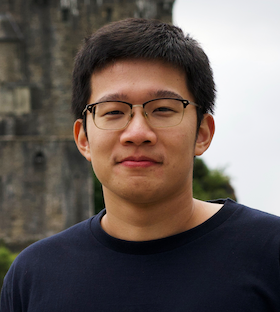
Zimu Huo
- Alumni
- China
- 2023 MPhil Med Sci (Radiology)
- Darwin College
Growing up in a developing country has exposed me to the unfortunate reality of healthcare disparity and inequality. It's disheartening to witness that many modern healthcare technologies are inaccessible to the majority of people in China. However, this experience has inspired me to pursue a career in medical imaging, with a particular focus on developing advanced imaging techniques that can benefit people from all backgrounds. During my Meng degree at Imperial College London, I delved into the intricacies of Diffusion Tensor Cardiovascular Magnetic Resonance Imaging (MRI) and Quantitative Musculoskeletal MRI. Thanks to the generous support of the Gates Cambridge Trust, I'm thrilled to continue my academic journey at Cambridge, where I will be focusing on Zero Echo Time Cardiac MRI. This technology has the potential to revolutionize our understanding of cardiovascular calcification formation and significantly improve our ability to diagnose and manage this medical condition. Email: zimuhuo@outlook.com
Previous Education
Imperial College London (University of London) Biomedical Engineering 2023








